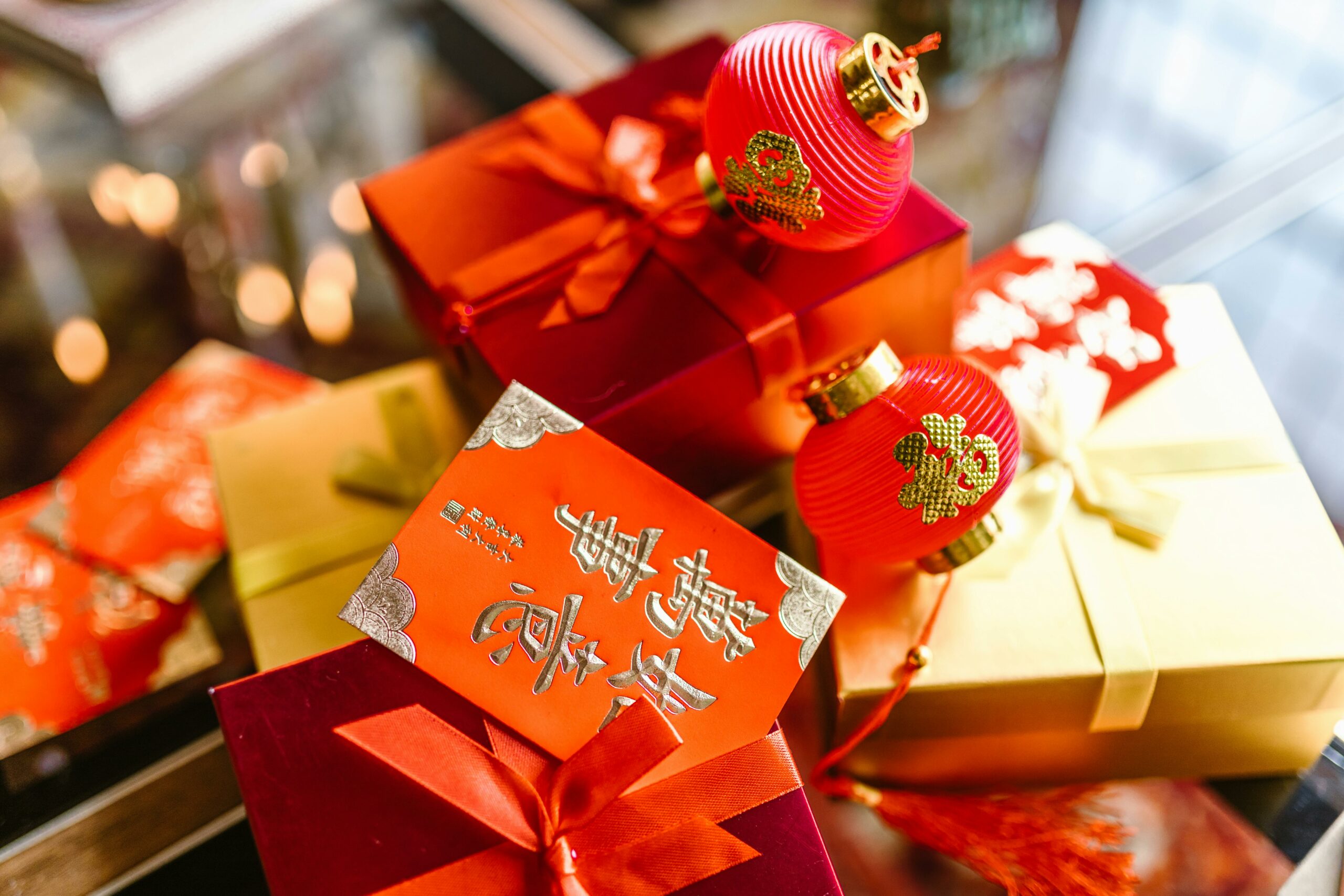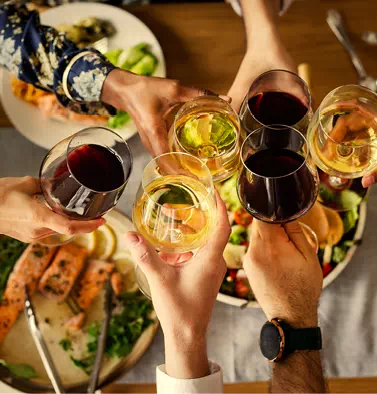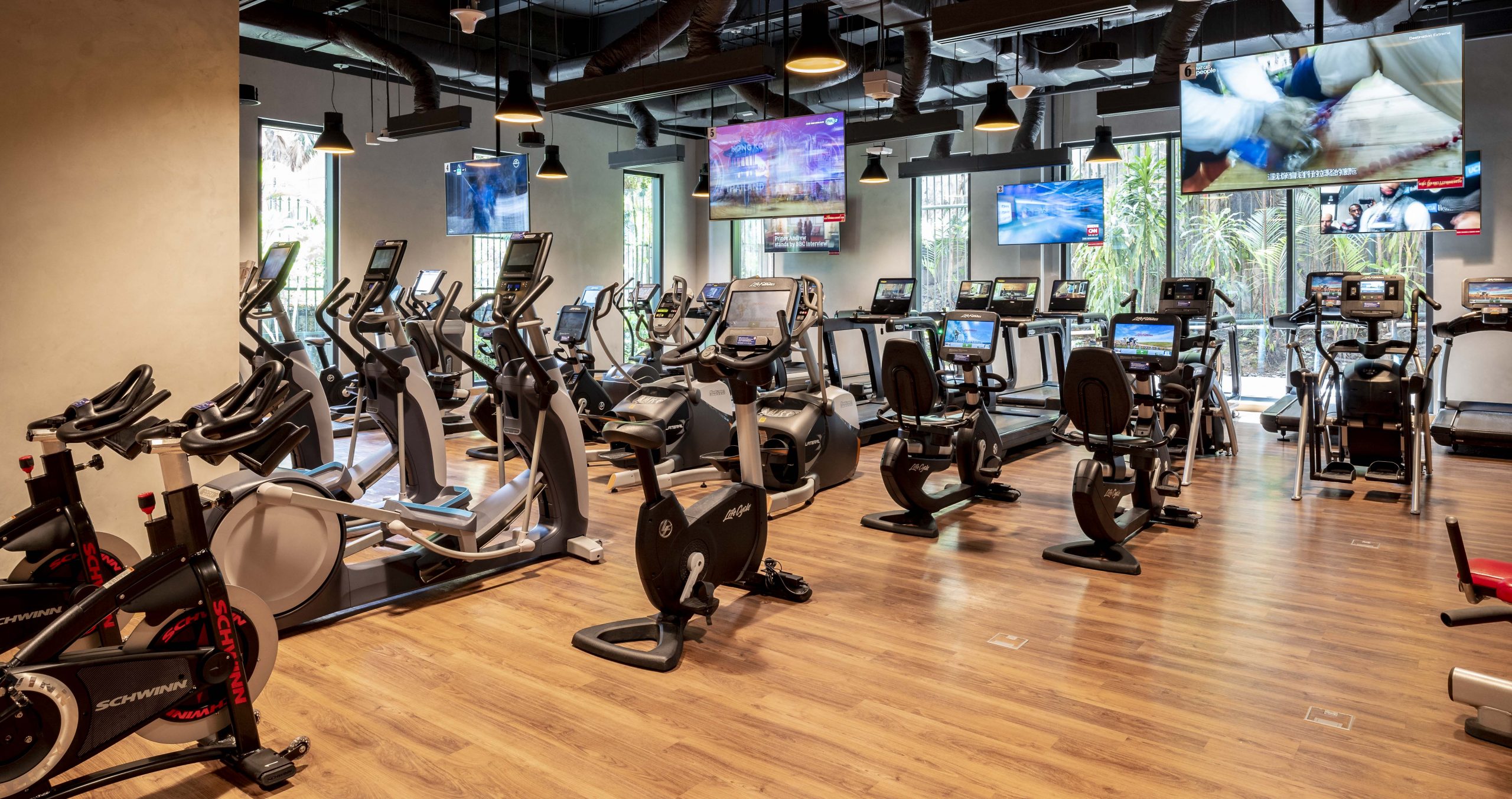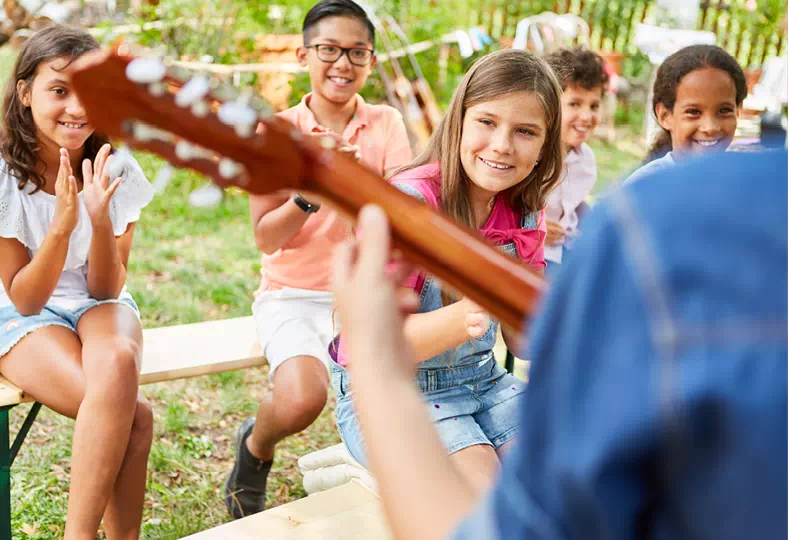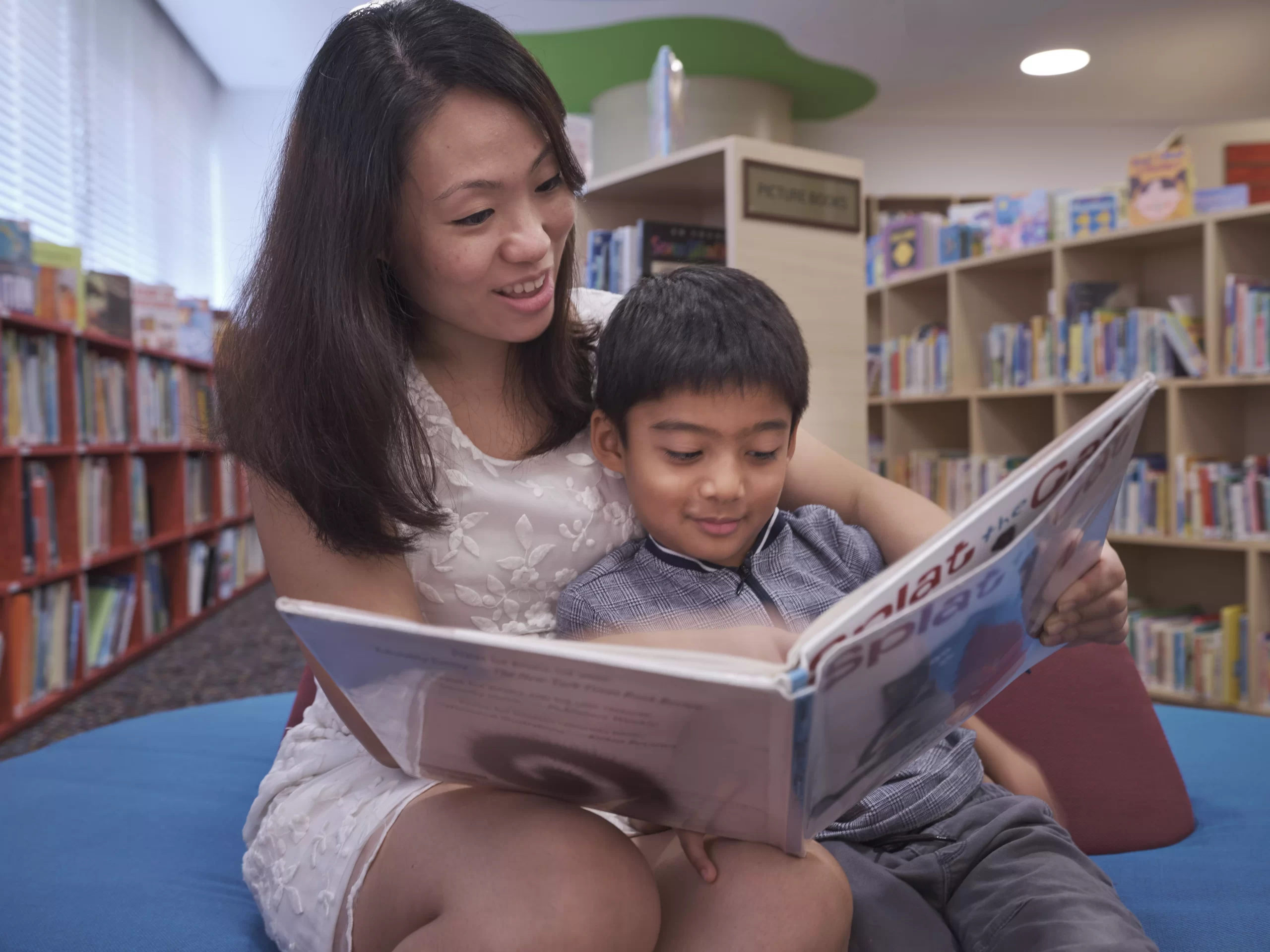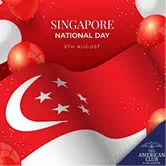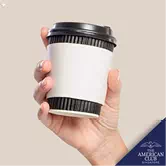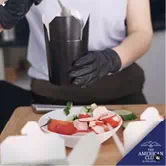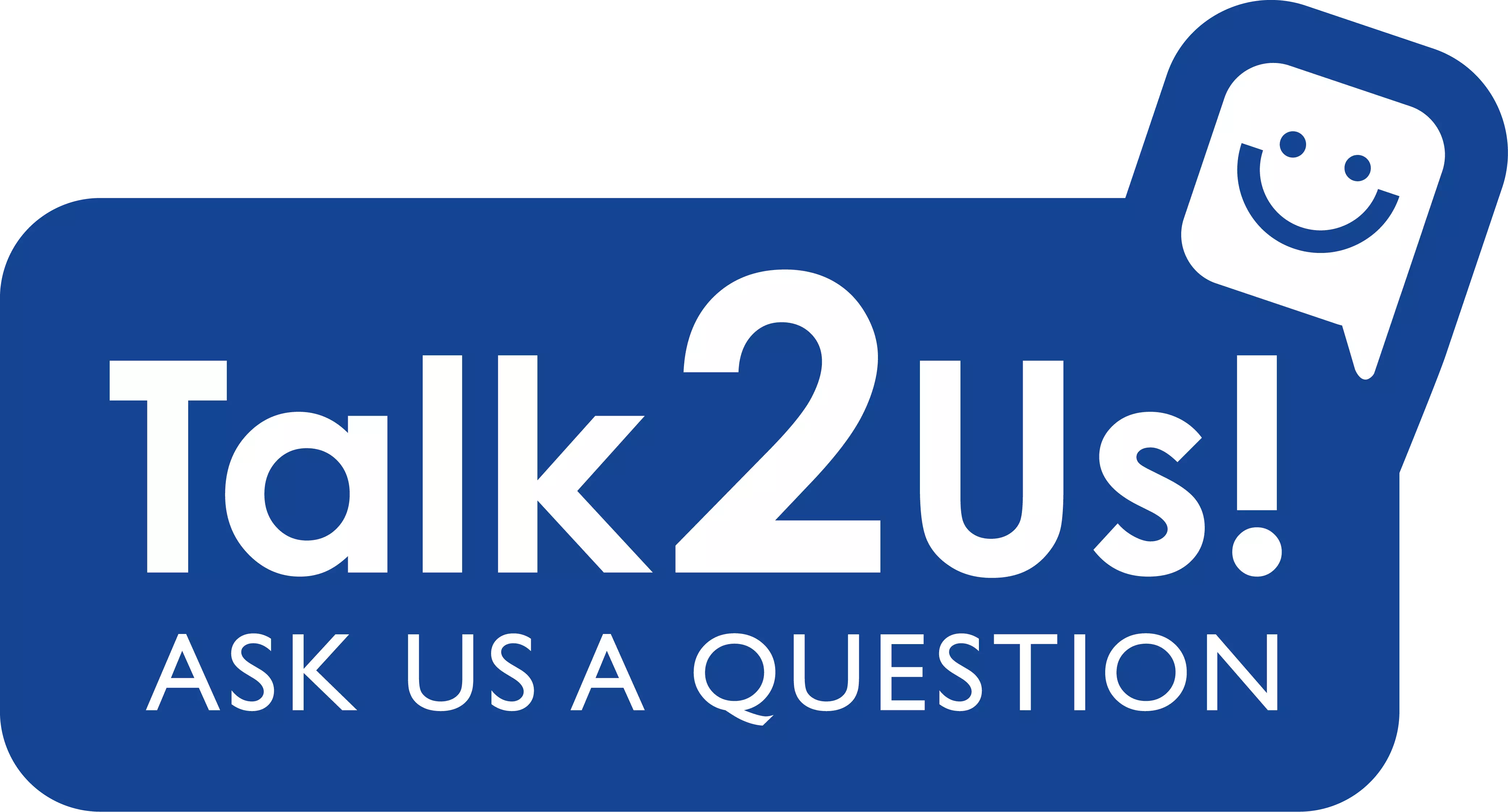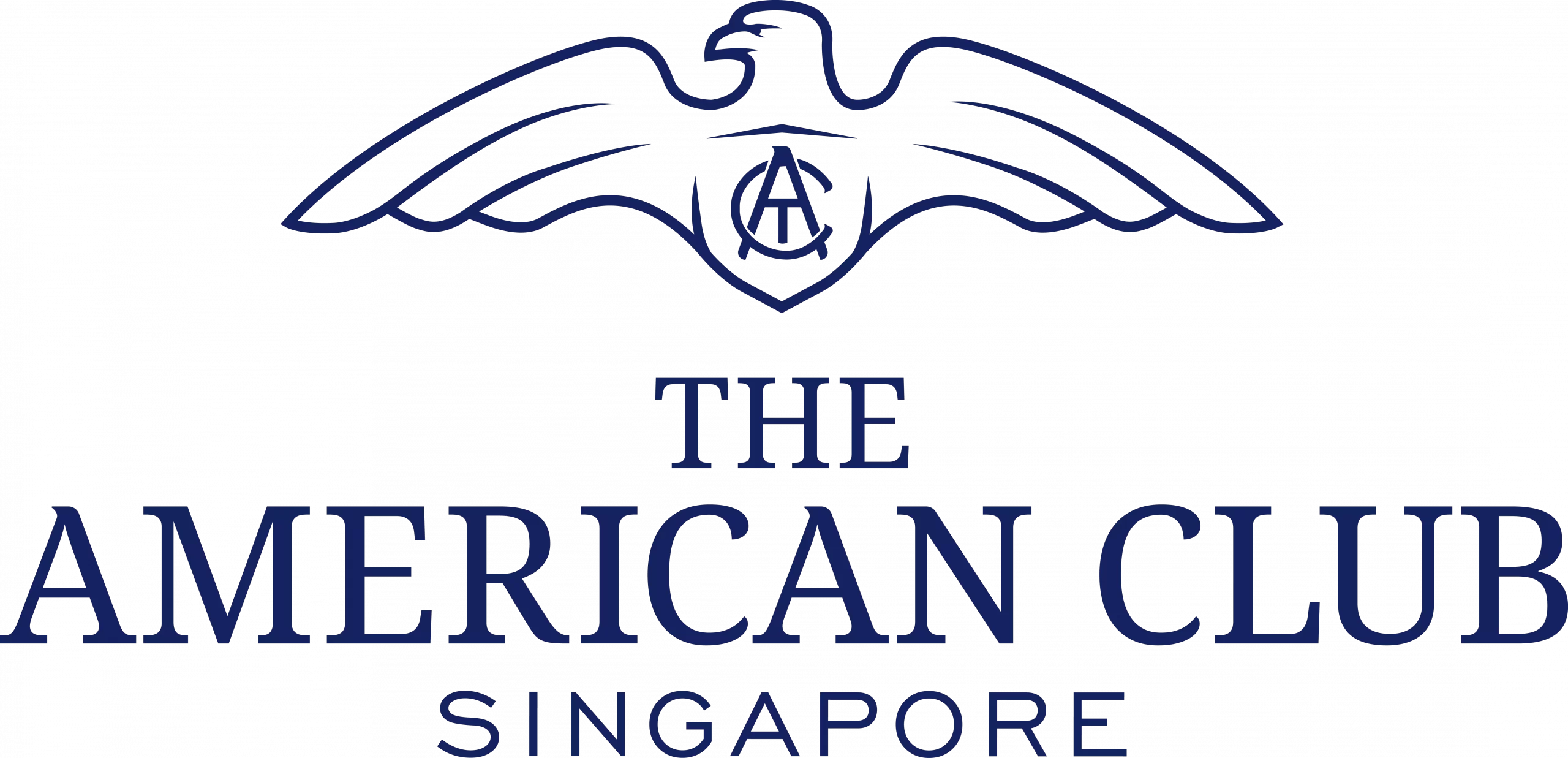As Singapore gears up for the lively and culturally-rich celebration of Chinese New Year, also known as the Spring Festival, it is an exciting time for all of the Lion City’s residents. Imagine bustling streets adorned with vibrant red decorations and the air filled with the irresistible aroma of festive goodies. Beyond being just a celebration, Chinese New Year in Singapore is like a colorful quilt woven with age-old rituals that bring renewal and prosperity. Join us on a journey through the heart of Singapore’s Chinese New Year festivities—a captivating experience that promises to make your relocation to this vibrant city even more memorable and heartwarming for you and your family.
Table of Contents
When is the New Year in Singapore?
In Singapore, we have not just one, but two New Year celebrations! The first celebration takes place on January 1, following the modern calendar system. The second is the vibrant Chinese New Year, which occurs between late January and mid-February. The exact dates of the Chinese New Year change annually, so it’s essential to check the lunar calendar to determine the precise day of the celebrations for each year.
During the Chinese New Year celebrations, several important dates and events occur within the overall 15-day festival:
Chinese New Year Eve
The 30th day of the last lunar month marks the end of the lunar year and is a time for family reunions. On this day, families gather for a reunion meal and pay respects to their ancestors.
Chinese New Year Day
The first day of the lunar calendar is when the festivities officially begin. It involves various traditions like giving red envelopes (hong bao), lion and dragon dances, and visiting family and friends to exchange greetings.
Days 2 – 15
These days include various activities like visiting relatives, friends, and temples.
Day 7
Known as the “Day of the Human” (ren ri), this day celebrates the birthday of all humans. Some families have a special vegetarian meal to commemorate this day.
Day 9
Often observed as the birthday of the Jade Emperor, offerings are made to him on this day.
Day 15
The last day of the Chinese New Year celebrations, this day is known as “yuan xiao jie”, as it marks the first full moon of the new year. On this day, another reunion dinner is held.
New Year Traditions in Singapore
Red Envelopes (Hong Bao)
The tradition of exchanging hong bao, or red envelopes, filled with money holds a significant meaning during Chinese New Year in Singapore. Elders or married couples give these red envelopes to younger family members, symbolizing good luck and prosperity for the upcoming year. Beyond the monetary value, these envelopes signify cherished blessings and familial unity.
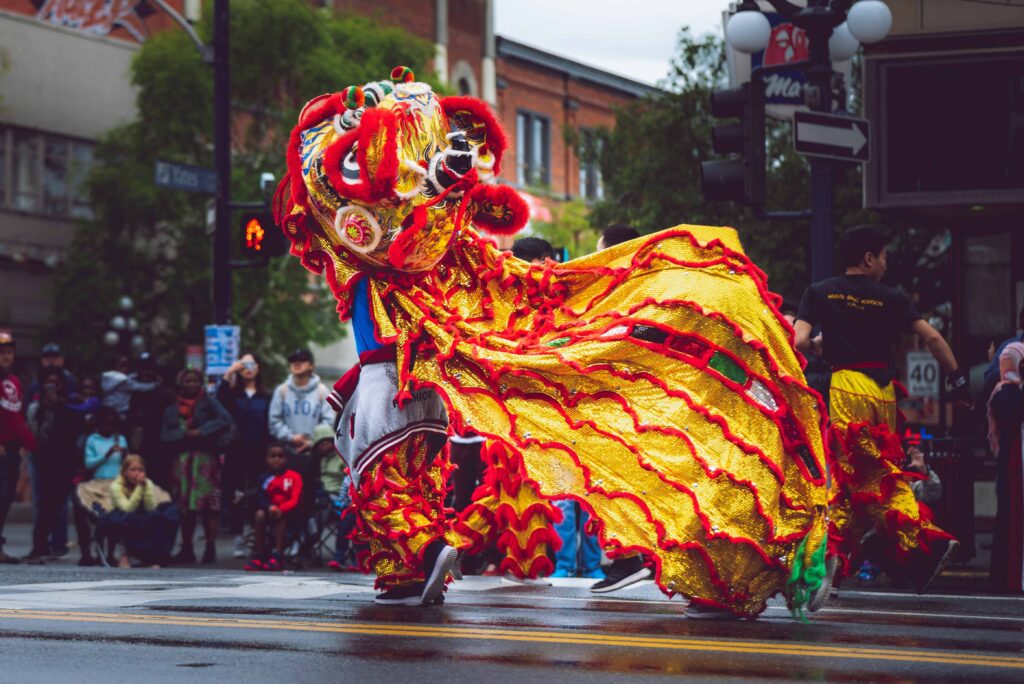
Lion Dance
The lion dance is an incredible and lively tradition you’ll encounter during Chinese New Year celebrations. It’s a fantastic spectacle where talented dancers, dressed in stunning lion costumes, perform synchronized movements to the beat of drums, cymbals, and gongs. This mesmerizing dance isn’t just about entertainment – it’s believed to chase away bad luck and bring heaps of good fortune, joy, and prosperity for everyone. As the lion dancers express various emotions and perform impressive moves, it’s a dynamic and thrilling experience that fills the festive air with excitement and positivity.
New Year Greetings
Exchange of well-wishes and greetings is an integral part of the Chinese New Year celebration. Common greetings like “gong xi fa cai” (wishing you prosperity and good fortune) or “xīn nián kuài lè” (Happy Chinese New Year) are used to convey wishes for wealth, happiness, and prosperity. Don’t hesitate – familiarize yourself with these phrases and share them with family, friends, and colleagues to spread festive cheer and blessings.
Spring Cleaning
Spring cleaning before the start of the Chinese New Year is like a refreshing start to welcome good vibes. It’s that time when families dive into cleaning every nook and cranny of their homes, sweeping away the old year’s dust and making space for new blessings. From scrubbing floors to tidying up closets, it’s not just about cleanliness; it’s about clearing out any lingering negative energy and inviting positivity and good luck for the year ahead. With every corner shining and every item in its place, it’s a fresh beginning that sets the tone for a fantastic and auspicious new year.
Putting Up Red Decorations
Red decorations during the Chinese New Year are like a joyful paintbrush coloring the town in good fortune and happiness. Red isn’t just a color; it’s the heartbeat of the festivities. From stunning decorations to vibrant attire, red takes center stage, symbolizing luck and prosperity. As families hang up these beautiful red decorations, it’s like they’re painting a canvas of blessings, setting the stage for an exciting and auspicious new year ahead.
Family Reunion Dinner
Chinese New Year is a time filled with family closeness, laughter, and delightful stories exchanged over traditional dishes. Sharing the reunion dinner with your family creates a deeper connection to your roots, celebrating the richness of heritage and strengthening the ties that bind families together.
Visiting Family & Friends
Throughout the festive period, families visit relatives and friends to exchange blessings, share meals, and strengthen bonds. It’s a time for reconnecting and showing respect to elders and your loved ones.
Chingay Parade
The Chingay Parade is an exuberant street parade featuring a dazzling spectacle of colorful floats, stunning performances, and vibrant costumes from various ethnic groups. Beyond celebrating Chinese culture, the parade showcases Singapore’s multicultural diversity, with participants from different communities, including Malay, Indian, and Eurasian, and other ethnic groups. The word “Chingay” originates from the Hokkien dialect, meaning the art of costume and masquerade. This grand parade, often considered Asia’s largest street performance and float parade, offers a mesmerizing display of music, dance, and cultural elements.
What to Avoid
Black and White Clothing
Black and white colors are traditionally associated with funerals and mourning in Chinese culture. Wearing black or white during the festive period could symbolize bad luck or even invite misfortune during the celebratory period.
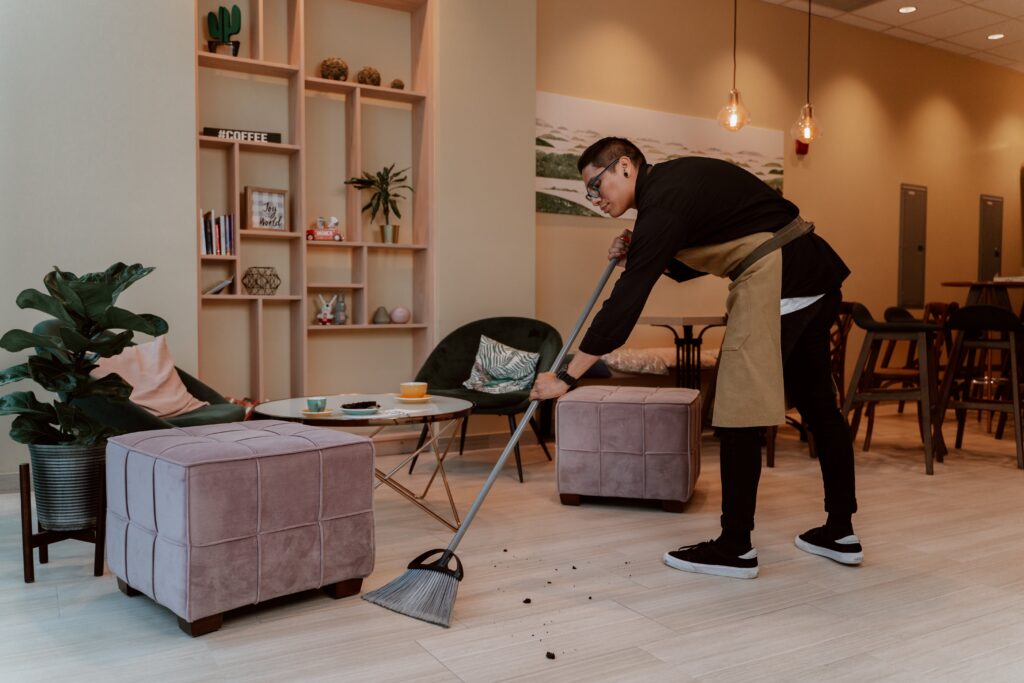
Don’t Sweep the Floor
Sweeping or cleaning the house on the first day of Chinese New Year is believed to sweep away or discard good luck and wealth earned during the upcoming year. It’s customary to do a thorough cleaning before the first day of Chinese New Year to start the year fresh.
Don’t Wash or Cut Hair
The Chinese term for “hair” sounds similar to the word for “prosperity.” Therefore, cutting or washing hair during Chinese New Year may symbolically represent the removal of wealth or prosperity, which people aim to avoid during the festive period.
Don’t Speak Negatively
Discussions about negative topics, speaking ill of others, or expressing pessimism are avoided during Chinese New Year. It’s believed that negative talk can bring bad luck and should be avoided to maintain a positive and harmonious atmosphere throughout the celebration.
Places to Go This Chinese New Year in Singapore
River Hongbao
Set against the stunning backdrop of Gardens by the Bay, this vibrant event stands as a highlight on Singapore’s Chinese New Year calendar of activities, drawing in both locals and tourists alike. The annual River Hongbao event features dazzling lantern displays, live performances, carnival games and other festive delights that the whole family can enjoy.
Chinatown Chinese New Year Festival
Immerse yourself in the vibrant festivities by exploring the historic Chinatown area, the epicenter of the Chinatown Chinese New Year Festival. Watch the streets come alive with beautifully crafted lanterns, dazzling decorations, and street stalls selling traditional Chinese New Year delicacies and goodies.
Gardens by the Bay
Delight in the exquisite Chinese New Year-themed floral exhibits at the Flower Dome, immersing yourself in an enchanting display of lunar floral wonders.
Chingay Parade
Witness a dazzling showcase of vibrant costumes and special effects, where flowers play a central role in six mesmerizing acts. Highlights include the 230m Interactive Floor Projection and Instagram-worthy street art installations featuring elegant blossom themes.
